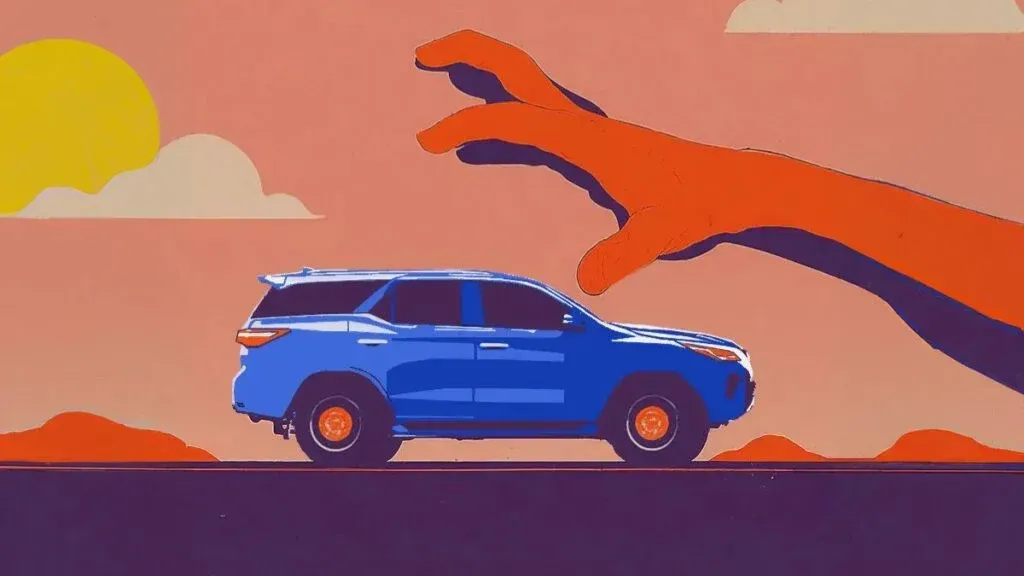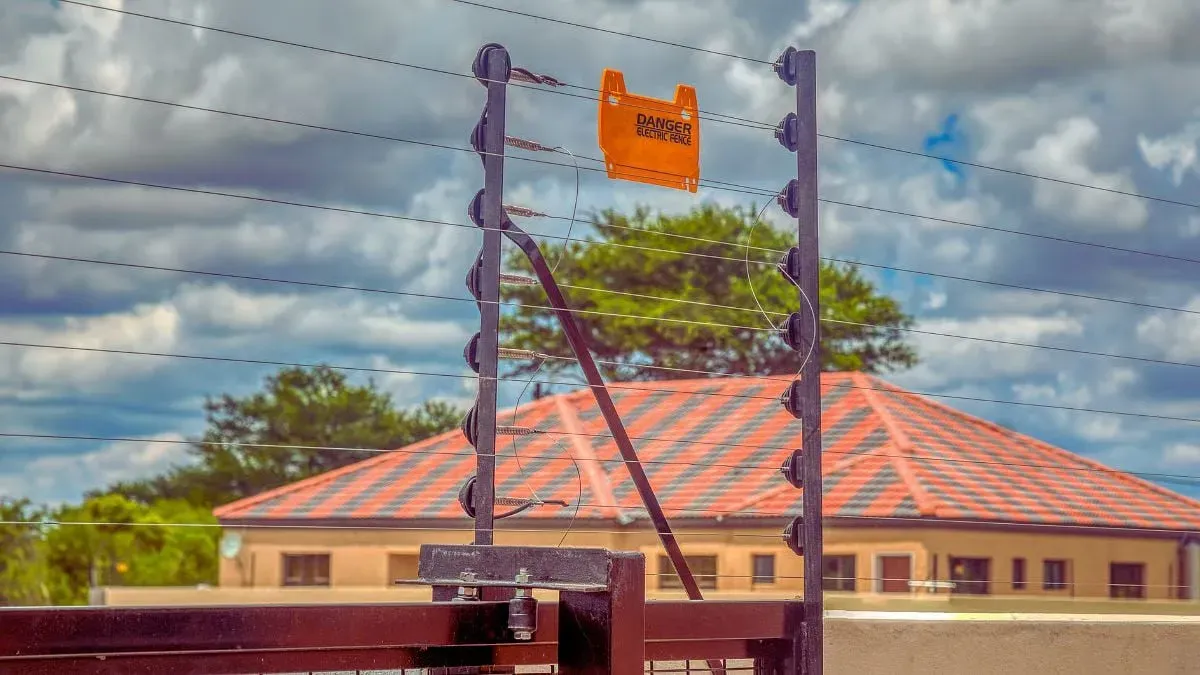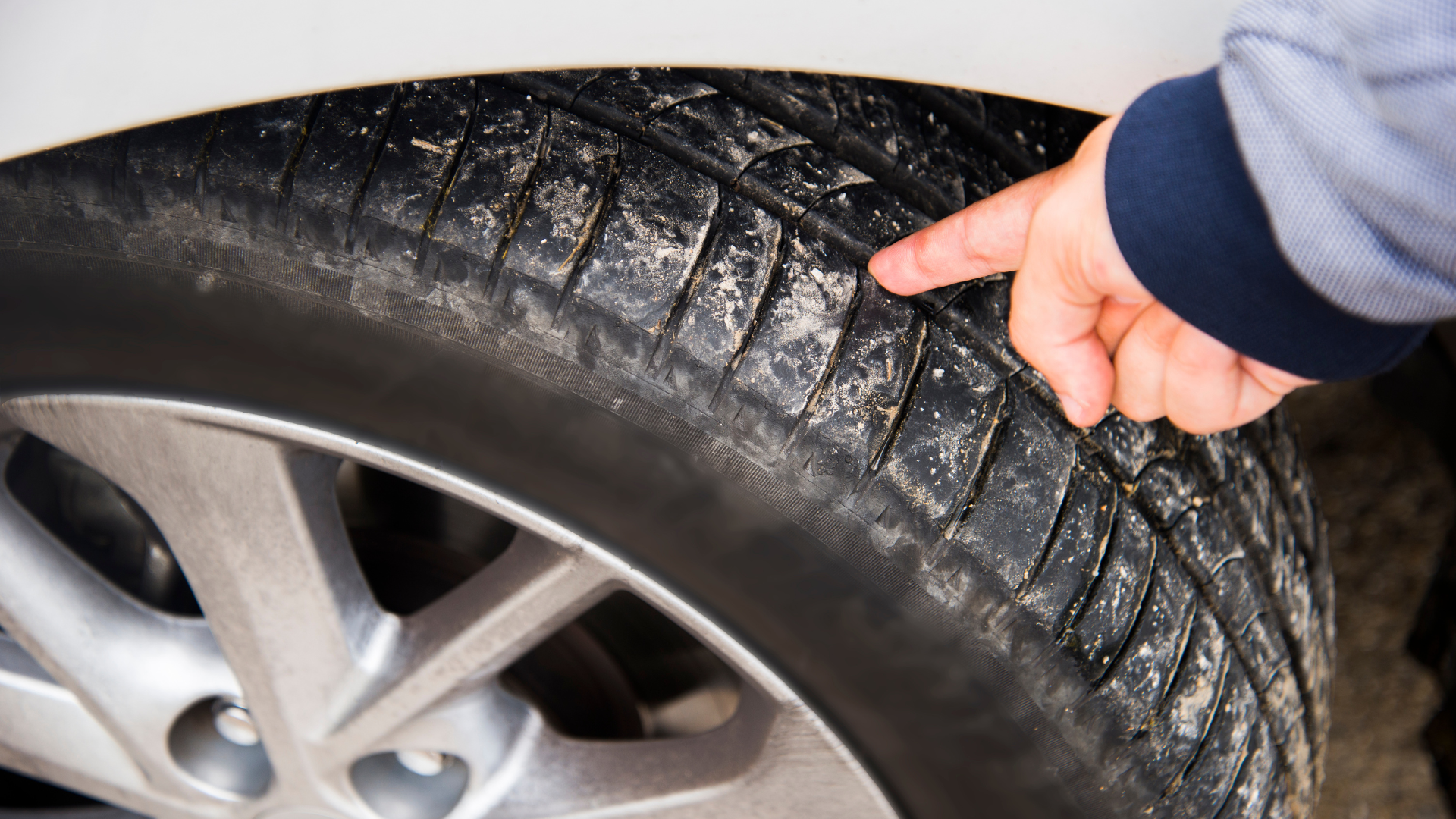The new insurance scam that can get you blacklisted in South Africa
South Africa’s insurance industry is waking up to the rise of artificial intelligence being used to perpetrate scams and fraud in the country, and is equipping itself to retaliate.
This includes using AI detection tools to determine whether images, documents and other submissions have been toyed with, and blacklisting or even pursing convictions against those doing the fraud.
According to Ayanda Mdhluli, a senior manager of cybersecurity at Old Mutual Insure, the group has seen a rapid rise in the use of AI to scam people or conduct insurance fraud in South Africa.
By using image generation available on AI tools, perpetrators can manipulate or completely fabricate a lot of documentation or visual evidence needed for claims.
In response, the cybersecurity manager said that insurers are meeting the attempts in kind.
“We are also embracing AI as a tool to protect our customers, improve efficiency, and enhance fraud detection,” he said.
In addition, insurers are adopting more stringent claims assessment processes and can no longer rely on simple evidence, such as photos.
Old Mutual Insure’s current claims process now scrutinises evidence from multiple sources, and first on the scene providers like tow truck drivers also submit evidence.
“Relying solely on images – especially as AI-generated visuals become more sophisticated – is no longer sufficient,” he said.
Insurers are also ramping up use of geotagging, biometrics, and geometrics, where possible. Old Mutual is working closely with the Insurance Crime Bureau to identify red flags.
The company is also using AI detection tools to verify whether documents or images submitted are artificially generated.
“We take this very seriously. When we identify a fraudulent claim, we report it to the Insurance Crime Bureau, which alerts the wider industry,” he said.
“There are consequences for this type of behaviour, including blacklisting, a cancellation of your insurance policy, and even jail time.”
Deepfakes, forgeries and dodgy dealers
Mdhluli said that while AI fraud is still relatively new, there are plenty of fraudulent scams where consumers are either unknowing victims or trying to defraud their insurer.
He said that Old Mutual Insure has seen cases where the same damage photos have been used in multiple claims, or where photos pulled from the internet are submitted alongside fabricated invoices.
In some cases, new AI image generation tech has been used to completely fabricate vehicle damage in its entirety.
“We’ve picked up repeated invoices with headers from third-party suppliers like glass fitment centres or repairers and are starting to see the same invoice submitted across different claims,” he said.
In one instance, an individual staged an accident, dropped off a vehicle at a panel beater, and was linked to a syndicate operating across provinces.
These kinds of insurance scams are on the rise in South Africa, he said, particularly in economically strained regions like the Eastern Cape.
Another popular area for scammers is in the second-hand market, where buyers don’t always do their due diligence before making a purchase.
In terms of insurance policies, Mdhluli stressed that the onus is on the policyholder to ensure that all material information provided is accurate.
“Insurers rely on this information to assess and underwrite the risk appropriately. The policyholder also has specific rights and responsibilities when signing on the dotted line,” he said.
To avoid any deepfake scamming, purchasers should ask for the NaTIS certificate, which is the official registration document that proves legal ownership.
If the car is still under finance, the bank will hold it until the loan is fully paid. “Walk away if the seller can’t provide it or explain why it’s missing,” he said.
Even if a physical document is produced, purchasers should check that the details match and also look out for tell-tale signs of forgeries, such as typos, inconsistencies, and bad fonts or formatting.
Note: The headline image for this article is an AI-generated image depicting “a Nissan Magnite, that has just been in a minor accident with damage to the side door”



